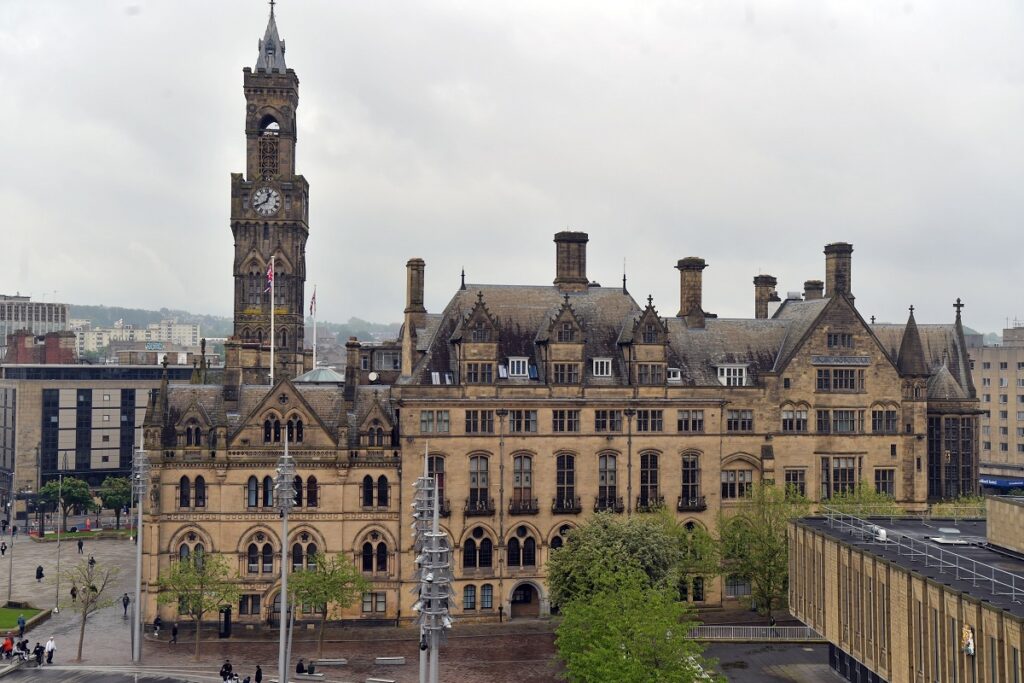A major shake up in how Councils are financed is expected to leave Bradford better off, despite fears many Councils may lose out.
The Government is planning to create a new methodology to assess local authority needs, factoring in population and deprivation.
It will also assess need for adult and children’s services.
While the overall Government spend on local authorities will not change, the new methodology will mean some areas see a reduction in central government funding for Councils, while others see an increase.
Bradford Council’s Leader Susan Hinchcliffe believes that Bradford is likely to be one of the areas that benefits from improved funding.
Under the changes it is believed overall spending will fall for 186 councils and rise by the same total sum for 161.
One in 10 will see a fall in overall funding, while one in 10 will see an increase of 10 per cent or more.
Any rise in central Government funding could prove vital to Bradford Council, which is currently only avoiding bankruptcy through a mix of borrowing and selling assets.
Cllr Hinchcliffe said: “We’ve been lobbying to get a new fairer funding formula in place for councils for years, something the last Government failed to do.
“So it’s a relief to see the new Government pushing ahead with these changes, early in their term.
“Most Northern councils have been at the mercy of an old Government regime that took money away from us and instead directed it to more affluent areas.
“We anticipate that our financial settlement will improve under this new funding formula so we’ll be backing it. We won’t know the exact amount until later in the year but the sooner it can be put in place the better.”
A new report from the Institute for Fiscal Studies says the changes would create big “winners and losers” as ministers attempt to address perceived unfairness in levels of core funding across the country.
Sir Keir Starmer’s own council, Camden in north London, will be hit by the reforms when taking inflation into account, the IFS added.
The think tank said Camden, along with other inner London boroughs including Westminster, will have less money to spend on services even if they increase council tax by the maximum amount allowed.
The IFS believes the East Midlands (22 per cent) and Yorkshire & the Humber (19 per cent) are set to see the biggest increases in funding.
By: Chris Young, LDRS






























